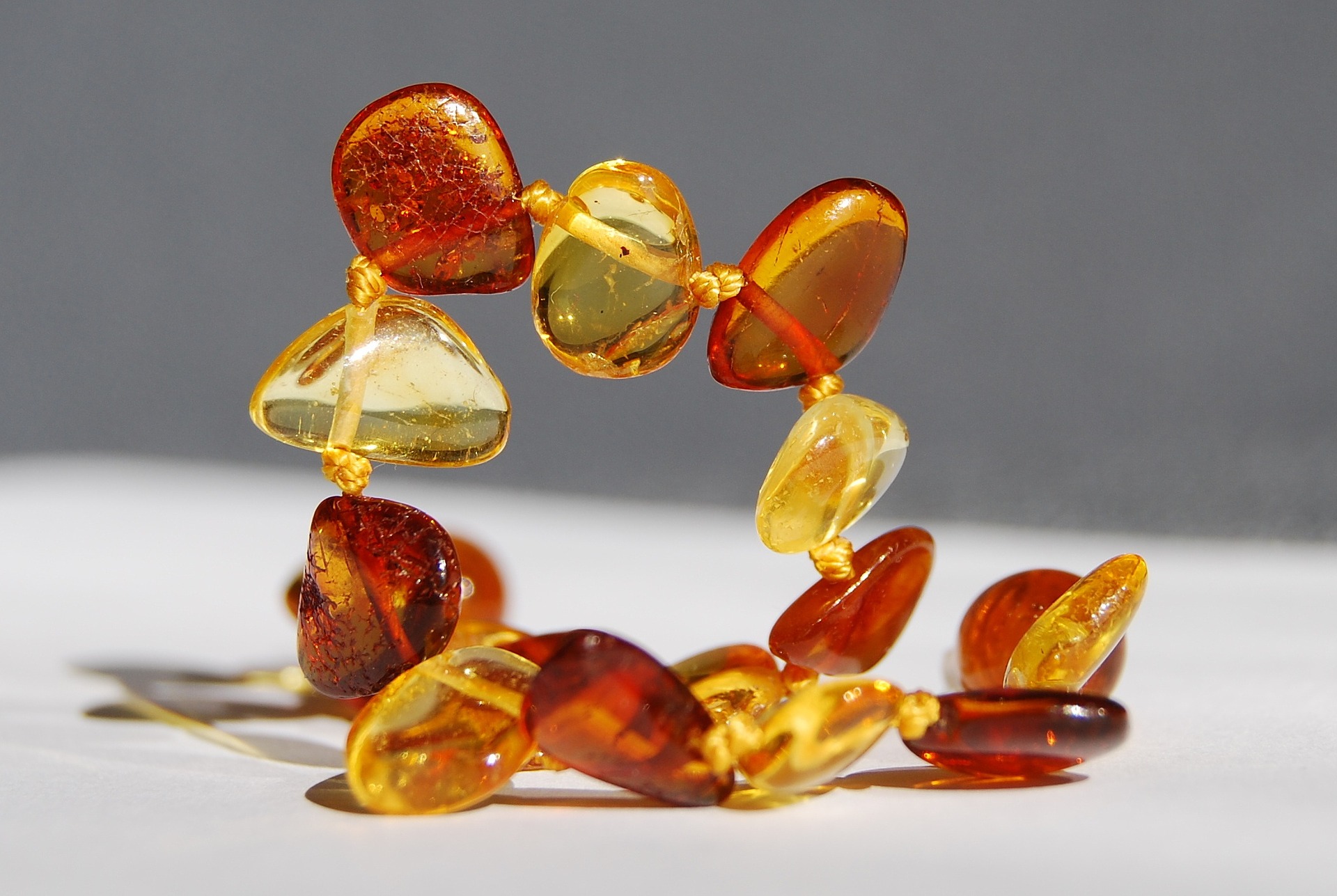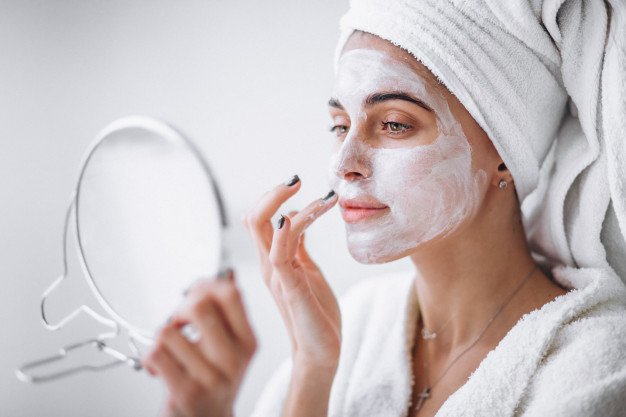Stress and anxiety have become serious problems that people are facing in modern times. Researchers have proved this that anxiety has the connection between heart disease and many other health issues. This issue has become prevalent enough that should raise an alarm and make all of us think of efficient ways to keep anxiety under control.
In this article, we are going to talk about the effects of anxiety on heart disease and why you need to do all you can to stay relaxed and avoid stressful situations.
Effects of Anxiety on Heart Disease:
Heart and general health monitoring apps:
It’s strange to consider that applications that are meant to help people keep track of their health could actually be more harm than good.
According to many physicians, apps could lead to unnecessary anxiety and there is plenty of evidence to back this up. The evidence comes in the form of the close relation between anxiety and heart disease.
When people are constantly checking their apps and seeing heart rate spikes, their anxiety levels are going to rise. If they are monitoring their heart rate and other vitals all day long, they are going to start worrying about things that they would normally not even notice. This alone is a serious problem.
The use of various health apps is a good idea in some ways. But it proves to be problematic for those who suffer from anxiety. No application should ever diagnose any kind of heart disease or potential issue (in fact none of them are actually capable of true and accurate diagnosis!). But many of these apps do attempt that and they even warn users of possible serious conditions.
The best way for apps to be effective and avoid raising alarms or making assumptions is for them to be strictly used for heart rate monitoring, but even them, they can cause unnecessary anxiety.
Studies that link anxiety and depression to heart disease:
Washington University conducted studies that shed light on the connection between heart disease and patients that experienced anxiety and stress. It was determined that the number of patients who experienced anxiety is more likely to suffer from other heart-related conditions as well.
While these studies are not conclusive, they do raise concerns. It has been widely documented that people who suffer from stress and anxiety are going to deal with health issues more often.
Experts believe that untreated blood pressure is a factor:
Leading cardiologist Simon Stertzer has previously discussed how high blood pressure is one of the factors that contribute to heart disease. This is definitely something that many heart patients worry about and their concerns are justified. The heart is a very complex organ and everything that happens in our bodies affects it in one way or another.
Poorly treated blood pressure problems are often going to lead to heart disease, but blood pressure problems have also been linked to anxiety, so there is an obvious concern and anxiety seems to be right in the middle of the problem.
Critical factors that predict the risk of heart disease:
Heart disease continues to be a very common topic of discussion for many reasons. This a huge health concern all over the world, but it also continues to be a mystery in many ways. Fortunately, more discoveries are being made all the time and other treatment options are also available.
This article from Digital Authority Partners covers some of the most important and critical factors that predict heart disease (with a very cool infographic!). This includes age, social and economic factors, lifestyle factors and environmental pollution. It’s important to note that stress and anxiety are always considered lifestyle factors.
It seems like people are learning to live with stress and anxiety now and that is a very bad thing. Most people admit that they feel anxiety and stress all the time, but they have learned to live with those feelings.
They feel that they have this problem under control but their anxiety is causing all kinds of health issues. Learning to relax is going to be essential to fight anxiety.
The main causes of anxiety:
There are many causes of anxiety in modern times. Some of the most common and relevant include drugs, alcohol, caffeine, thyroid hormone problems, and certain medications. Then you also have the stress of life, with everyone being so competitive and time management being such a big deal, people are more stressed out than ever before. This is often going to lead to anxiety.
Keeping your body healthy with a good diet and exercise is always going to be an important thing to consider. If you feel your dietary habits are bad and you are living a sedentary life, you might want to make some changes as soon as possible.
How to get rid of anxiety:
Anxiety can be very difficult to handle for some people. The problem can be so serious that they require medication just to function properly. If you feel like you are experiencing anxiety, you might want to look for ways to start dealing with it naturally.
Practice breathing exercises:
This is a great way to relax and to lower your anxiety levels. You could learn this by practicing yoga. There are many benefits to Yoga, but lowering anxiety is your priority in this case.
Exercise often:
Being active and exercising outdoors is always a great way to get rid of stress and anxiety. A large number of individuals claim that their anxiety levels are much lower after they workout.
Get rid of junk food and sugars:
It seems almost unavoidable to eat food that is bad for us sometimes, but the more you avoid sugars and general junk food, the better your body is going to perform. Anxiety and stress are also linked to bad dietary habits.
Final thoughts:
The more we learn about anxiety, the easier it becomes for us to figure out how to deal with this problem. Knowing that your heart is greatly affected by anxiety should be a warning sign that everyone needs to keep in mind.
This knowledge can help prevent serious issues with heart-related problems.
Read Also:






















